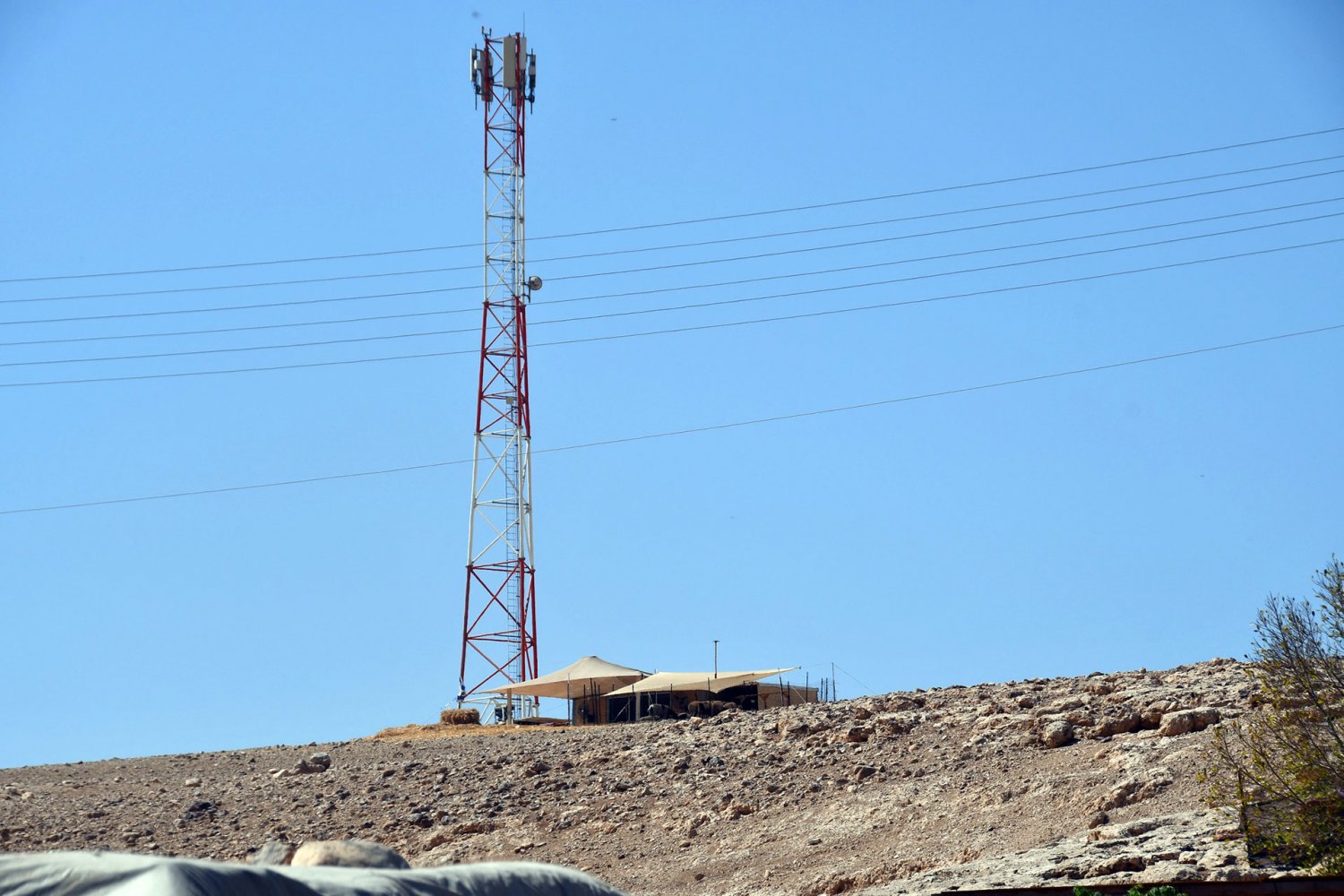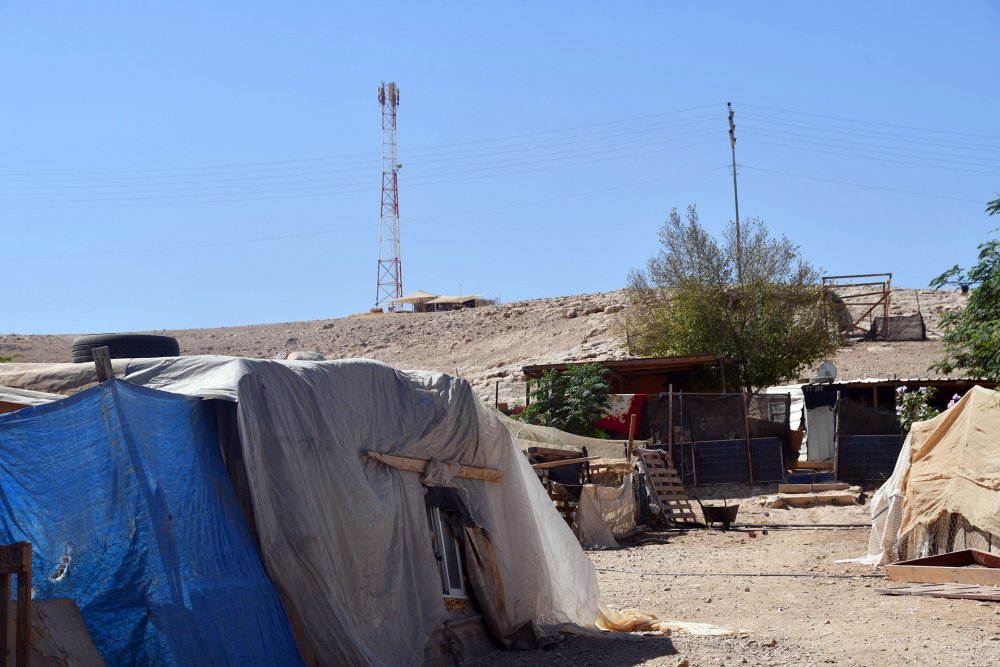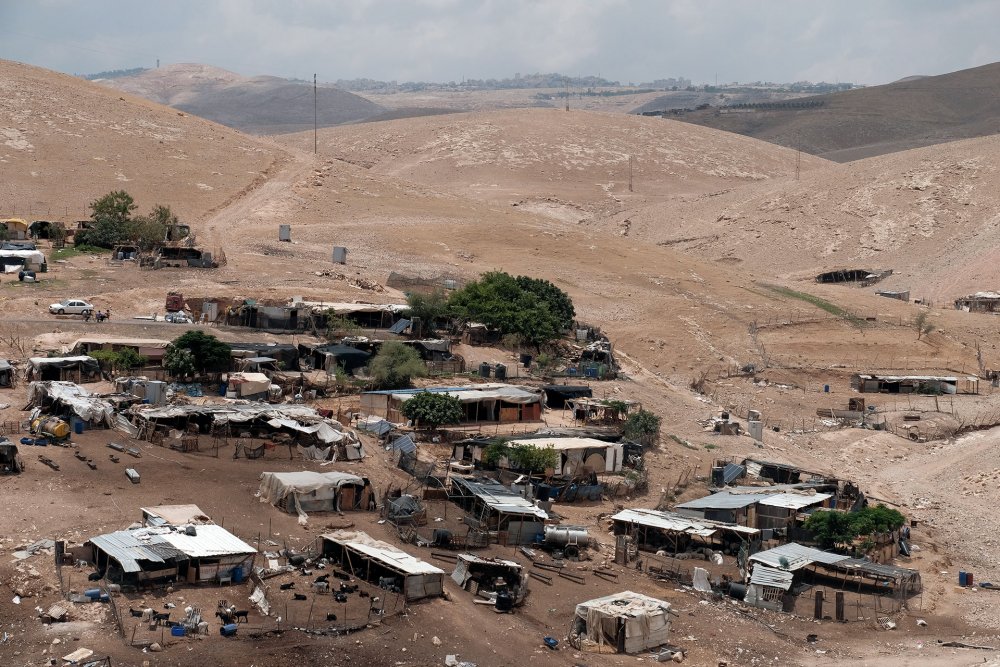On August 9, 2024, Israeli settlers from the Alon settlement established an outpost above the Palestinian village of Khan al-Ahmar in the area of the Palestinian Jerusalem Governorate that lies outside the Israeli municipal boundaries of Jerusalem. Since then, the settlers have consistently harassed villagers—grazing on their land and preventing access to schools.
“The settlers throw stones at the children when they walk in the morning to school,” Eid Abu Khamis Jahalin, Khan al-Ahmar resident and community leader, told Jerusalem Story.1 Consequently, students must now take a detour every day to reach their school safely.
According to Jahalin, settlers frequently drive through the village, break into villagers’ homes, graze their livestock on Khan al-Ahmar’s land, and let their animals eat from the village’s troughs.




